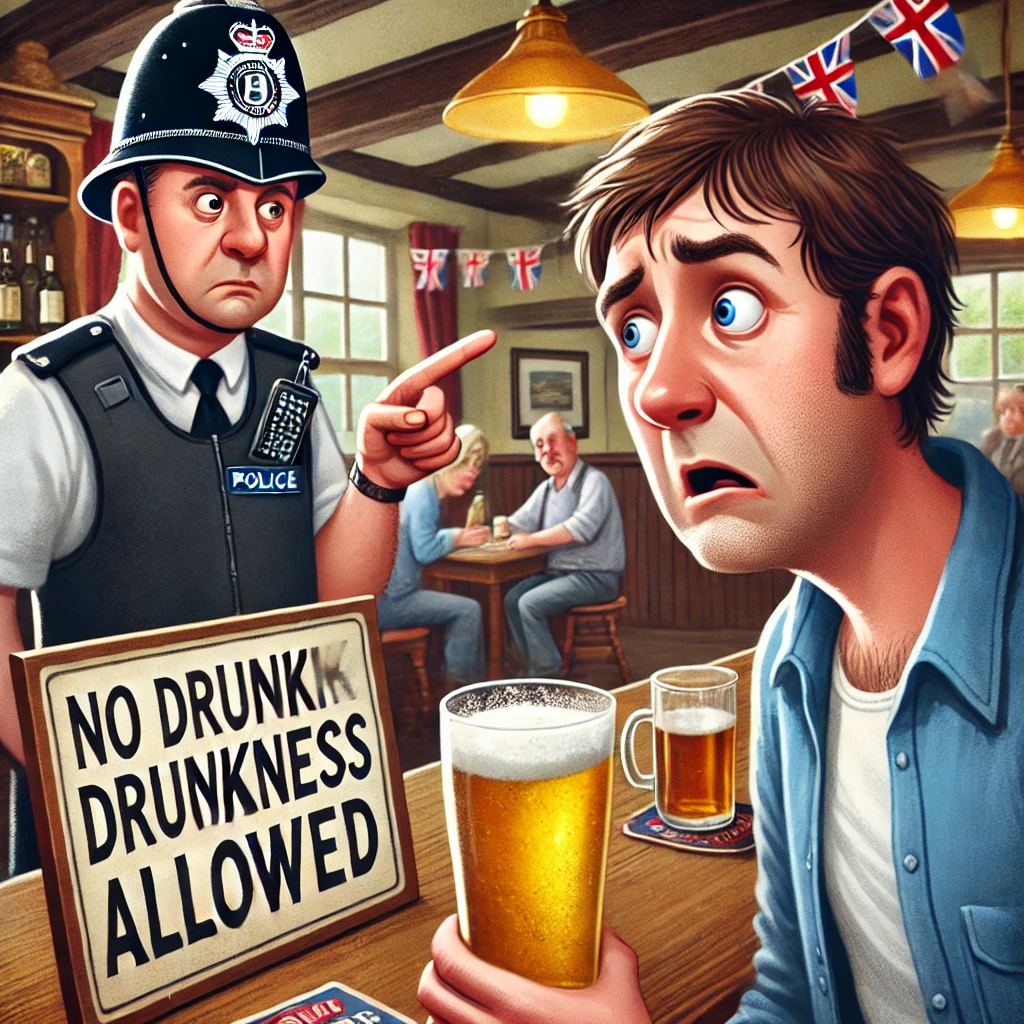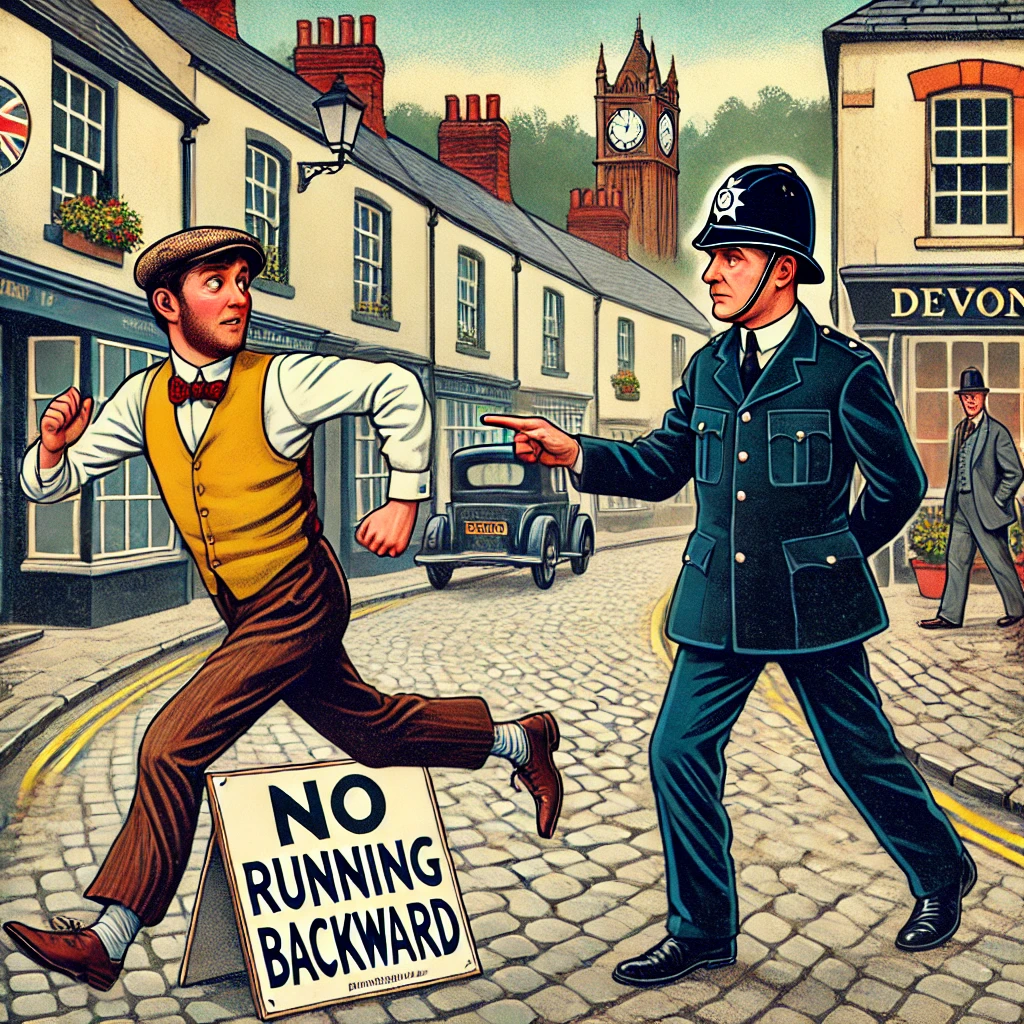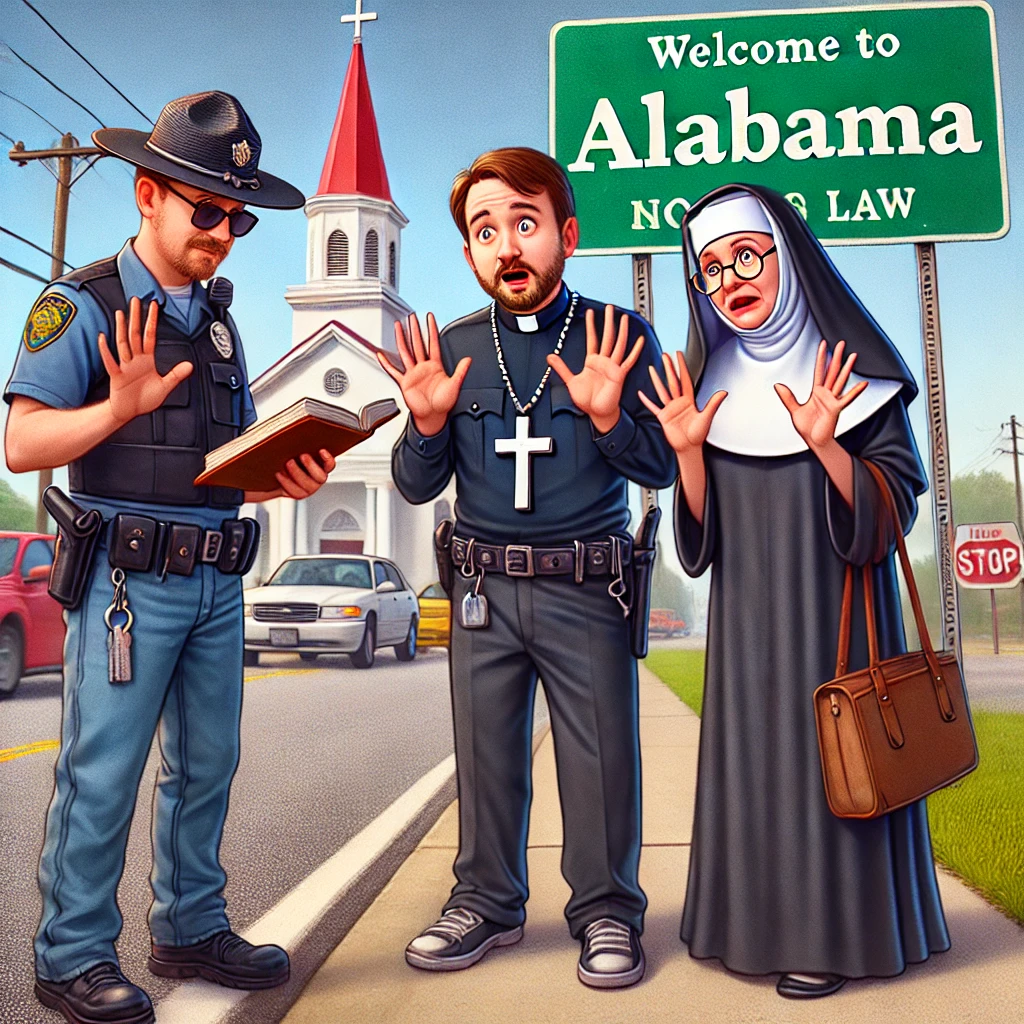
Pennsylvania has its fair share of strange and outdated laws, but one of the most bizarre is the ban on sleeping on top of a refrigerator outdoors. That’s right—while napping indoors on a fridge might be weird, doing it outside is actually illegal!
The Law Explained
This law likely falls under public safety and nuisance regulations, aiming to prevent potential hazards in public spaces. But why specifically a refrigerator?
🔌 Old, Abandoned Appliances:
Discarded refrigerators can be dangerous, especially older models with locking doors that pose entrapment risks. Laws restricting outdoor appliance storage exist in many states, and Pennsylvania may have added an extra twist—banning people from sleeping on them too!
😴 Public Disturbance:
Sleeping in random places outdoors can be seen as loitering or a public nuisance. Officials may have targeted sleeping on refrigerators specifically because it was dangerous, unsanitary, or just plain odd.
The Origins of the Law
This law’s origins are unclear, but it likely stems from mid-20th-century city ordinances related to appliance disposal and public safety.
Possible reasons include:
- Preventing injuries—falling off a fridge isn’t exactly a soft landing!
- Discouraging makeshift outdoor beds in public areas.
- Addressing appliance dumping—old refrigerators should be disposed of properly, not turned into unconventional sleeping spots.
Is the Law Still in Effect Today?
Technically, this law is still on the books, but it’s highly unlikely that authorities actively enforce it. However, abandoning old appliances outdoors is illegal in many places, so if you see a fridge outside, it’s best not to climb on top for a nap!
What This Means for You
If you’re in Pennsylvania and feeling sleepy near an outdoor refrigerator, you might want to find a more comfortable (and legal) spot for your nap.
This is yet another example of bizarre, outdated laws that make U.S. legal history so entertaining.




